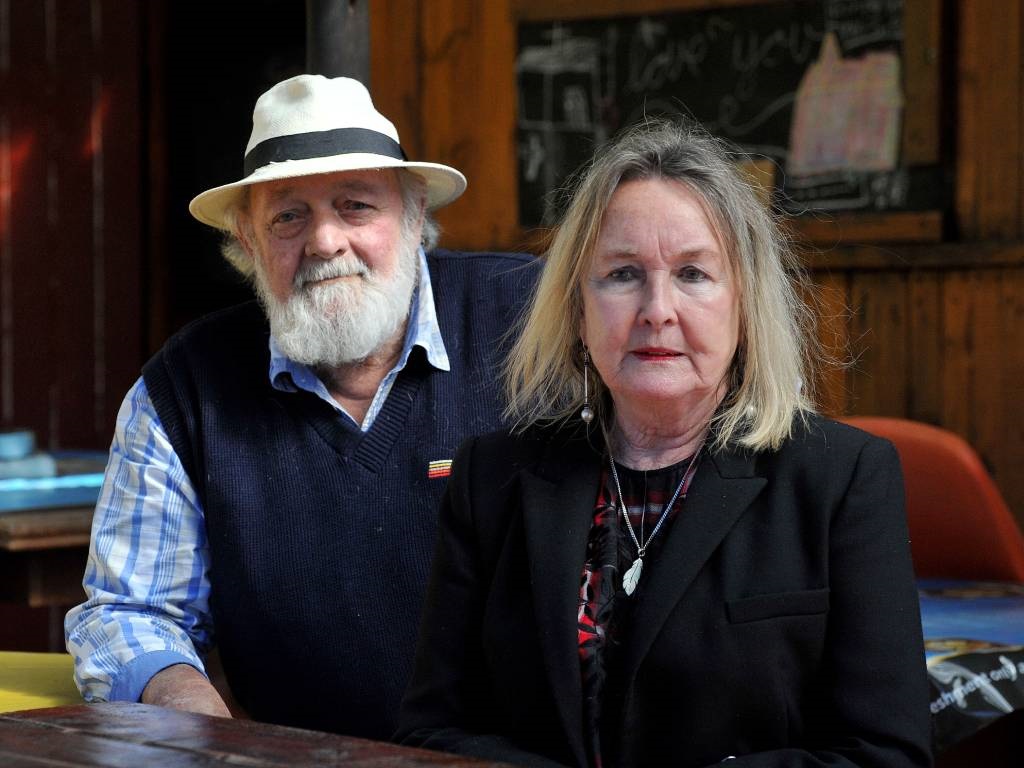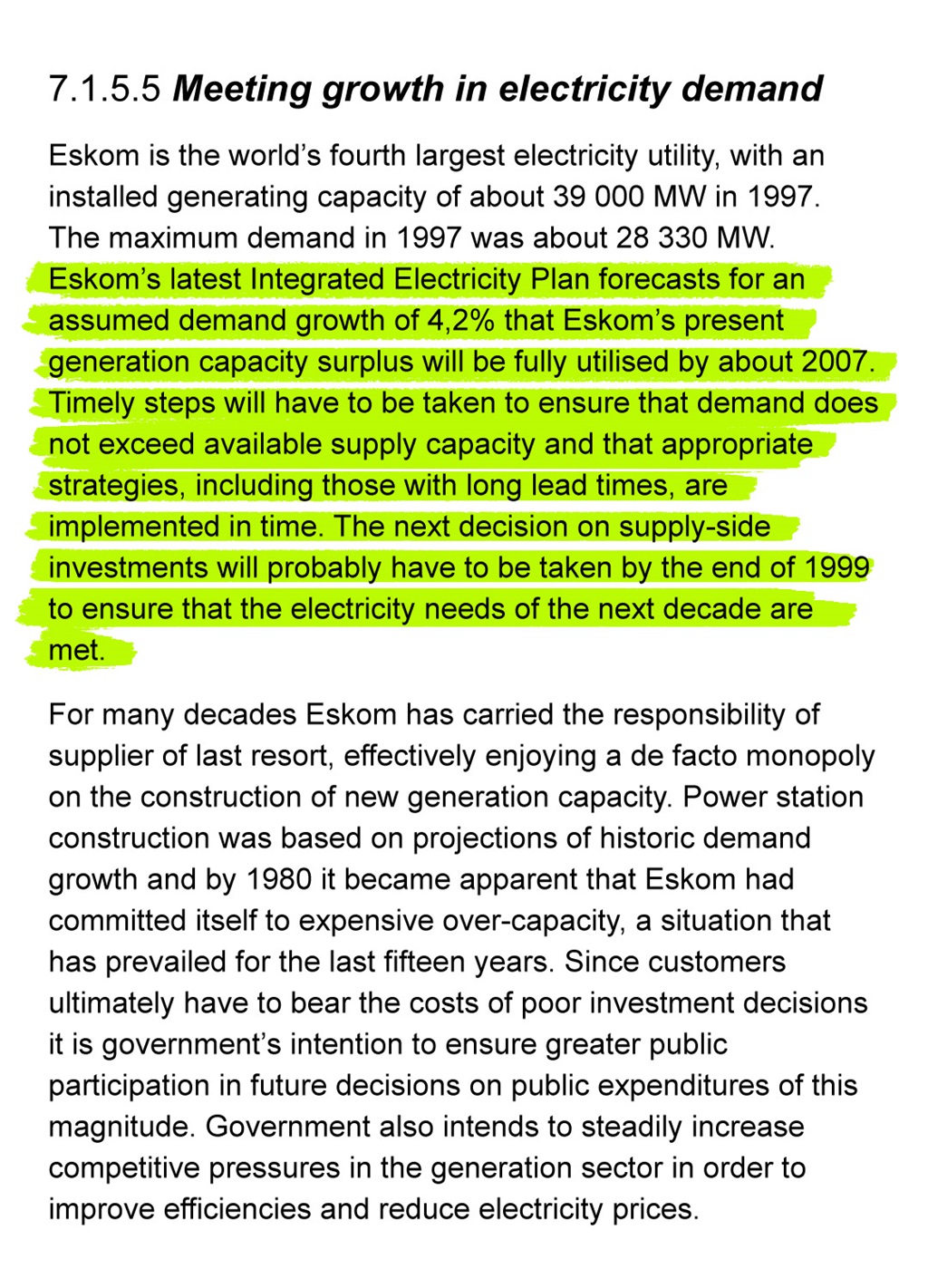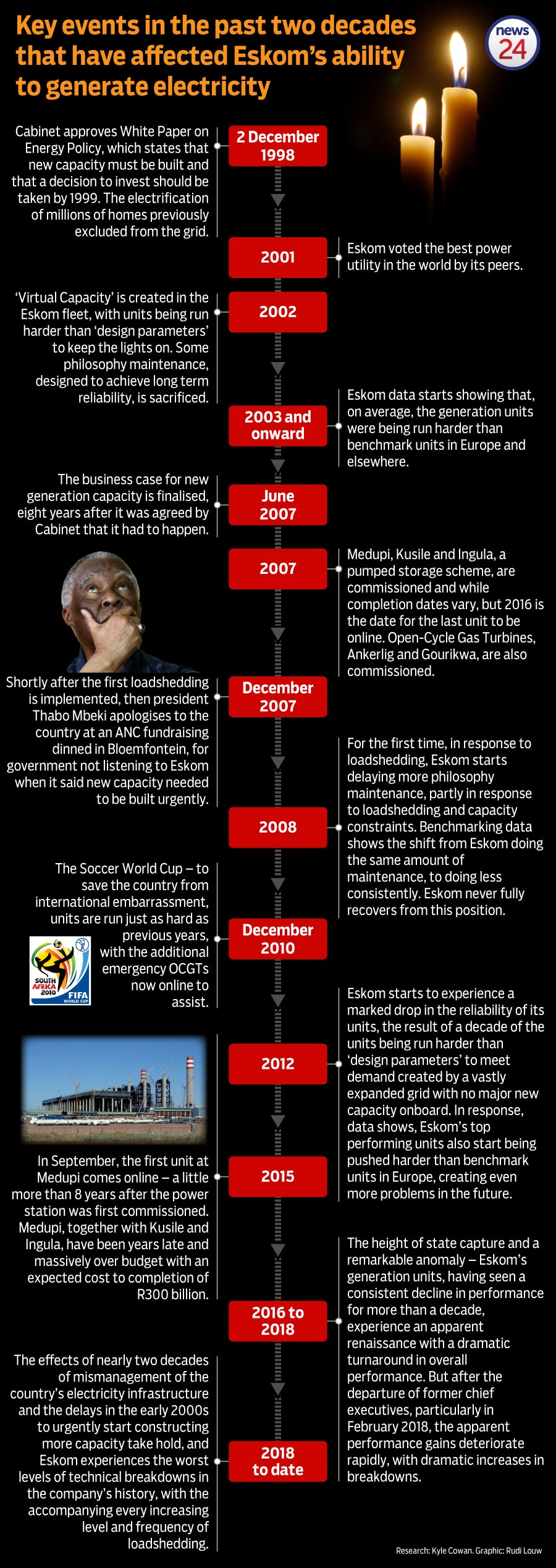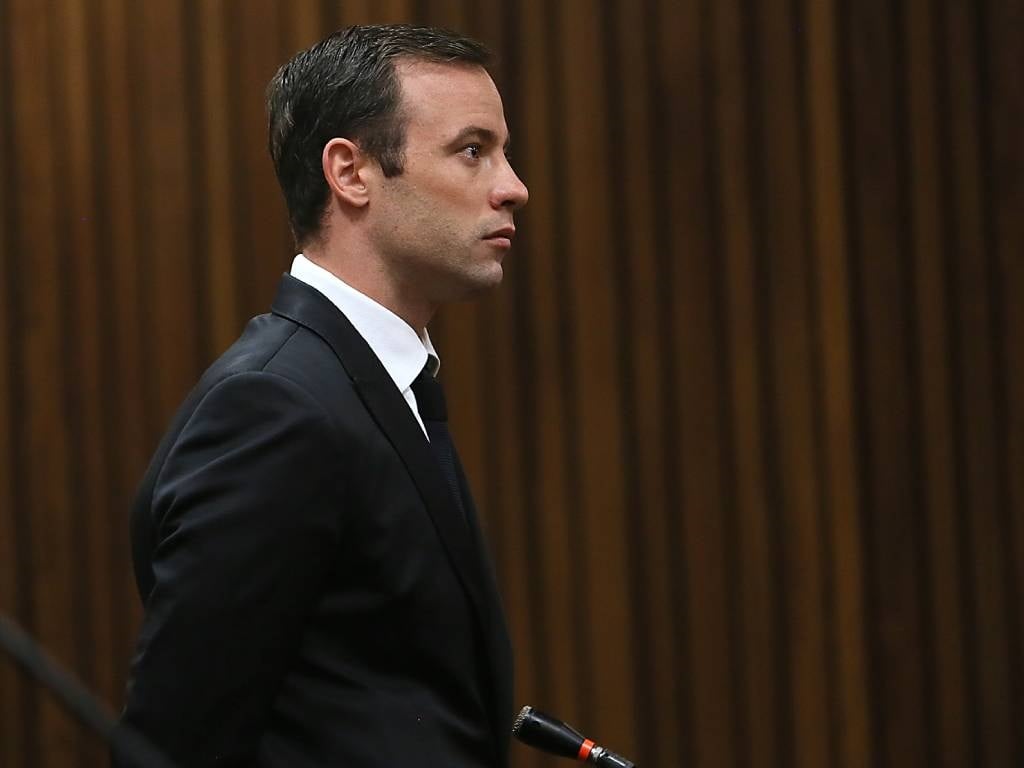- Multiple reports - which provide extraordinary new insight into Oscar Pistorius' life behind bars - all support his release on parole.
- The reports were compiled by prison authorities after Pistorius turned to the courts to compel parole authorities to conduct a hearing into his fitness to be released.
- The Supreme Court of Appeal amended its ruling on Pistorius' murder sentence for a second time in August last year so that it was antedated to the day he was first sentenced for culpable homicide.
As convicted killer Oscar Pistorius prepares to take parole authorities to court over their alleged failure to grant him a hearing, it's emerged that his prison social worker, psychologists, unit manager and head of recreation have all come out in support of his release.
Prison social worker Clara Erenst was among those who recommended that Pistorius "be considered for placement on parole as this would… allow him an opportunity to deal with the pain he created to family and friends of the deceased [his murdered girlfriend Reeva Steenkamp]".
In a report filed by the vice chairperson of the case management committee at Atteridgeville prison, Tebogo Moloto, as part of parole authorities' opposition to Pistorius' court action, Erenst further stated that:
The thought of not having a chance to come face to face with Ms Reeva's family to apologise for taking their daughter's life is reported to be killing him [Pistorius] inside. He mentioned that he has been and is still praying and hoping that one day God will provide them the opportunity to heal and find closure towards the death of their daughter. And that one day, time will come for him to come face to face with them.
Pistorius did ultimately meet with Reeva's father Barry Steenkamp as a part of a victim-offender dialogue process on 22 June, the Steenkamp’s attorney Tania Koen confirmed to News24 in July.
"We have no further comment. The dialogue is a private and confidential matter, hence we ask that our clients' privacy be respected," said Koen.
READ | Pistorius heads to court to force parole hearing, authorities now claim he's 'not eligible'
Moloto further reveals in court papers, in which she argues that Pistorius isn't eligible for parole, that "had it not been for [Pistorius'] request to participate in the [victim offender dialogue] with the victim's family, he would not have been transferred to Gqeberha" on 25 November 2021.
Reeva’s mother June did not attend that dialogue because of reported health concerns. However, she has previously made it clear that she does not believe that Pistorius had told the truth about the Valentine's Day 2013 shooting that claimed her daughter's life.
She maintained, during a December 2021 interview with Good Morning Britain, that Pistorius had "shown no remorse" for murdering Reeva.
She said:
He would only show remorse, I think, if it contributes to his getting out of jail.
The reports submitted by Moloto, however, paint a different picture of Pistorius.
'Taking responsibility for his actions'
"The offender [Pistorius] had a need to meet with the victims to apologise to the victims for the pain and suffering that he has caused to the family," Erenst stated.
“Letters were sent to the family of the deceased through his lawyers and never got any response. He explained that he understood that the family could still be going through the grief and wanting to deal with it in their own way and their own time."
She added that Pistorius "is taking full responsibility for his actions" - a sentiment echoed in the other reports filed by prison authorities as part of the Paralympian's stalled parole hearing.

Slain South African model Reeva Steenkamp's parents Barry and June Steenkamp are seen during an interview three days before what would have been their daughter's 35th birthday on 16 August 2018. They believe their daughter Reeva would probably be married with her own children at the age of 35.
Gallo Images Lulama Zenzile, Gallo Images, Netwerk24
Prison psychologist VK Mabunda further stated in a November 2021 report that, based on his assessment, "Mr Pistorius does not display any major unresolved criminogenic needs, rather he displays protective factors which could reduce his risk of re-offending (support from family)."
FIRST TAKE | Joyous moment to see Molefe, Singh in the dock - but NPA needs more powers, now
He said:
Mr Pistorius appeared to have developed sufficient desistance factors to moderate against re-offending and may be suitably considered for parole.
Pistorius' unit manager, a Mrs Makgatho, recommended that he was "ready to be re-integrated into society and will be a positive influence in the community" as he had attended all the programmes recommended to him as part of his "sentence plan".
'A trustworthy individual'
"The offender [Pistorius] has adapted well in the unit. He was allocated as a tractor driver and facilitator. He was involved in recreational programmes as a member of [the] book club," she said, before adding that Pistorius had also worked as "a cleaner at the special care unit, ensuring that hygiene was maintained daily.
"He is a trustworthy individual who can defuse tense situations."
TP Hlako, the sports, arts, recreation and culture coordinator at the Atteridgeville prison supported Makgatho's submission in an October 2021 report.
He said:
I can gladly without fear nor contradiction that he [Pistorius] will be able to contain himself outside if faced with challenges.
"We have managed to train him on how to deal with all types of anxiety that are negative. It is therefore my submission that should an opportunity arise for him to be given a chance to finish the remainder of his sentence outside, he should be granted such."
Books, piano and a guitar
WATCH | EXPLAINED: Why former bladerunner Oscar Pistorius is up for parole sooner than expected
Oscar Pistorius, former Paralympic and Olympic athlete has become eligible for parole sooner than expected. This after his sentence was backdated in August this year. Part of his application for parole requires him to meet with Reeva's parents in a "victim-offender-dialogue". News24 specialist legal journalist Karyn Maughan explains the timeline of Pistorius's sentencing and talks us through just what is...
According to Hlako, Pistorius had "always made sure that he is improving himself by reading" and had joined "the Ardent Reading Book Club, which was established to encourage others to read and improve their ability to reason and take correct decisions".
"I further declare that Pistorius… has donated a lot of the books that where provided by his family as per correctional services regulations to the centre. He was not self-centred…"
Hlako added that Pistorius had "also donated a piano and a guitar to the centre and we appreciate such positive gestures".
"The offender is a well-known professional international athlete. Though limited as it was for him to participate in sports he is always with the weightlifting offenders assisting them on techniques that would assist them to do things correctly and professionally.
"[This] kind of behaviour and goodwill to assist others is one of the attributes that will ultimately determine if an offender is rehabilitated or not."
Nod for potential parole but...
While Pistorius has received a green light for his potential release on parole from the people who have monitored him since he was first imprisoned in October 2014, Moloto and her fellow parole officials at the Atteridgeville prison remain adamant that he does not, in fact, qualify for release.
The Life and Trials of Oscar Pistorius - SA trailer
The Life and Trials of Oscar Pistorius is a four-part documentary series from the acclaimed 30 for 30 series of documentary films from ESPN.
She bases that assertion on the multiple orders issued by the Supreme Court of Appeal in relation to when his murder sentence actually came into effect.
The Supreme Court of Appeal (SCA) was twice forced to correct the 13-year five-month sentence it imposed on Pistorius for Steenkamp's murder, after his lawyers argued its orders failed to ensure that the time he had already served during the State's appeals against his culpable homicide conviction and initial six-year murder sentence were counted in determining his parole eligibility.
Pistorius had gone on trial for murder after he shot and killed Steenkamp in the early hours of Valentine's Day 2013, after opening fire on her while she standing behind his closed bedroom toilet, but maintained that he believed that she was an intruder.
Gauteng High Court in Pretoria Judge Thokozile Masipa believed Pistorius' account of the shooting and convicted him of culpable homicide - a finding that was overturned by the Appeal Court.
It found that, even if Pistorius believed that he was shooting at an intruder when he fired multiple shots into his bathroom door, he must have reasonably foreseen that whoever was behind that door would die.
As such, it said, he was guilty of murder under the principle of dolus eventualis. The case was referred back to Masipa for a new sentence.
'Shockingly lenient'
The Appeal Court, in a ruling written by Judge Willie Seriti, later found that the six-year murder sentence Masipa subsequently handed down to Pistorius was "shockingly lenient" and found that there was no reason why he should not receive a 15-year minimum sentence for non-premeditated murder.
Seriti noted that Pistorius had already served one-year and seven months for culpable homicide and murder - and reduced his sentence to 13 years and five months.
It was the Appeal Court's failure to state when that sentence came into effect that then resulted in the unfolding drama about Pistorius' parole eligibility.
In August last year, the Appeal Court issued its last amendment to Pistorius' sentence so that it was antedated to 21 October 2014, the day he was first sentenced for culpable homicide by Masipa.
Because inmates become eligible for parole after serving half of their sentence, Pistorius and his lawyers argue he then became eligible for parole in February last year.
Moloto insists that this order is not valid, because the order that pre-existed it (which would have made Pistorius eligible for parole in March next year) was never formally rescinded.
She further claimed that parole authorities had "sought clarity" on this from the SCA - a claim which the court's newly appointed chief registrar, through the Office of the Chief Justice, has rebuffed.
"The Department of Correctional Services should employ the remedies available, should they require clarity on the contents of the order," the OCJ stated.
In other words, should the department or its officials have doubted the legality of the SCA's most recent order on Pistorius' sentence, it should have formally applied to challenge it.














